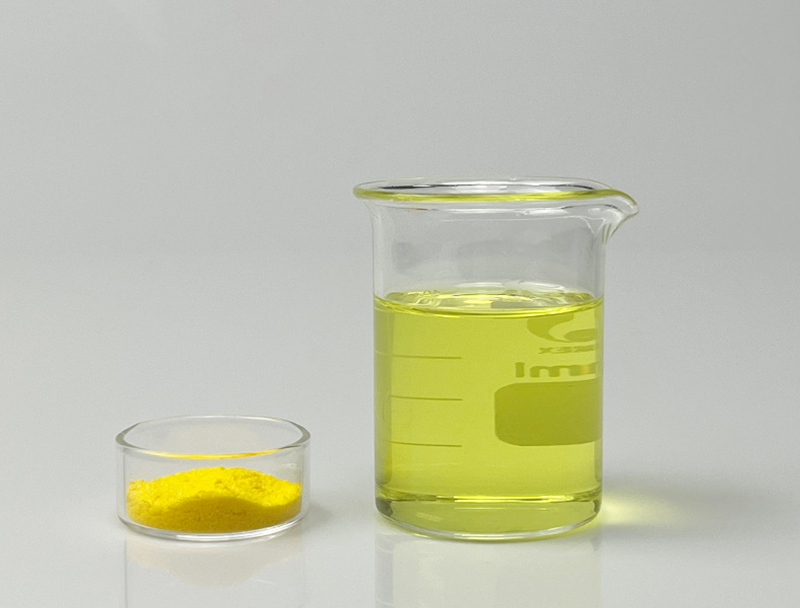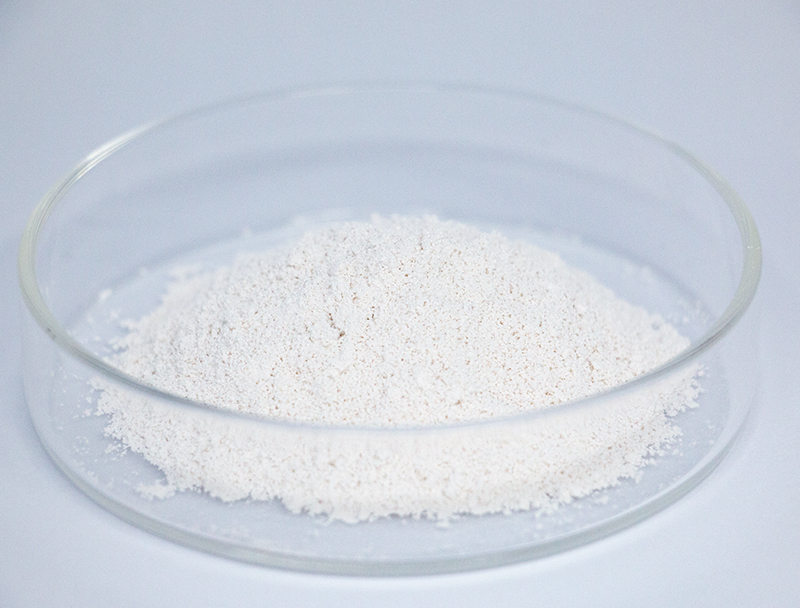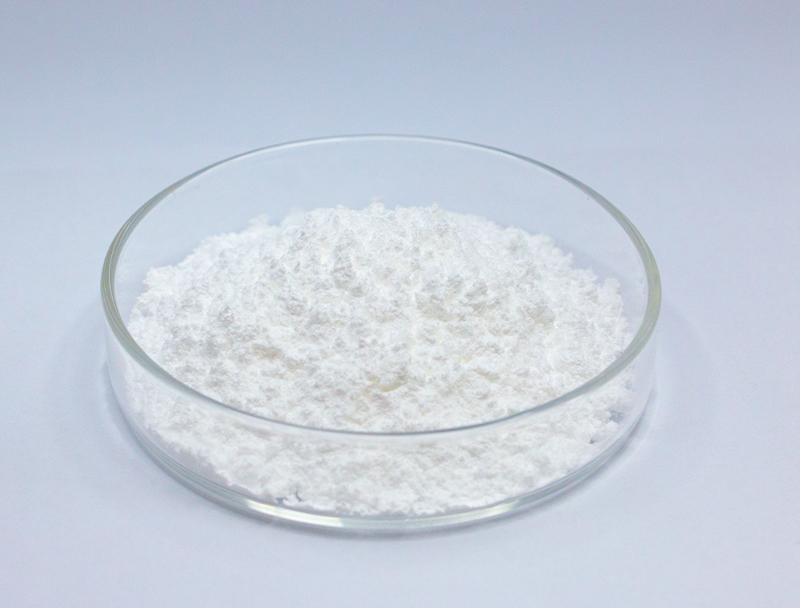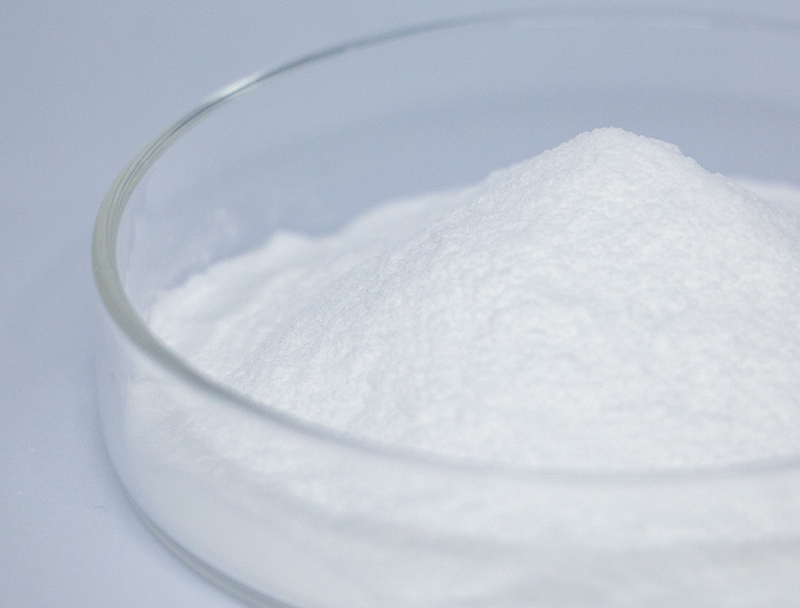
Bioprocessing depends strongly on a broad palette of primary inputs to produce innovative bio-based products.
Protecting environmentally mindful sourcing is vital for future-proofing and moral progress in biomanufacturing.
diverse obstacles inherent in legacy sourcing approaches including biodiversity loss and excessive resource use. Therefore, biomanufacturing companies must actively seek out alternative sourcing strategies to minimize their ecological footprint.
- Representations of ethical supply approaches are:
- Adopting organic-origin materials from crop remnants
- Establishing regenerative loops to cut waste and elevate material utilization
- Aligning with domestic providers that adhere to transparent sourcing
Embracing sustainable procurement produces environmental benefits with profitable potential.
Maximizing Feedstock Quality for Increased Biofuel Output
Advancing fuel production depends on feedstock consistency and composition. Scientists are constantly exploring novel strategies to optimize these feedstocks, leading to higher yields of biofuels and a more sustainable energy future. Approaches include genomic enhancements to boost biomass growth and processing methods to convert complex lignocellulose into fermentable sugars.
- Similarly, research probes algae, byproduct streams, and harvest remnants as potential sustainable sources to augment biofuel feedstocks.
- As a result of relentless efforts the industry should deliver significant enhancements paving a path to sustainable energy.

Advances in Biopharmaceutical Manufacturing: Focus on Upstream Operations
includes primary operations from inoculation through cell collection Contemporary breakthroughs have refined protocols and elevated product throughput.
Salient improvements involve specialized expression hosts, fine-tuned media strategies, and next-gen bioreactor concepts. These changes expand productivity and help reduce both financial and environmental overhead.
- In addition, momentum toward nonstop processing offers improved flexibility and optimized operational flow.
- This move toward intelligent production systems is expected to reshape the industry and hasten drug development.

Innovations in Gene Editing for Improved Biopharmaceutical Yield
advances in genomic editing tools including CRISPR have transformed therapeutic manufacturing. By implementing targeted gene changes, investigators boost production titers of important biologics. These methods could enable production of accessible and efficient medicines tackling diverse health challenges.
Using Microbial Systems for Site-Specific Remediation
cutting-edge microbial approaches that remediate contamination sustainably. Selected microbial cultures can remediate contaminants through biodegradation pathways.. Using microbial biotechnology enables remediation strategies that balance effectiveness with ecological protection. Analysts explore microbial consortia for targeted removal of metal toxins, pesticide residues, and petroleum contaminants.. These microorganisms can be employed in bioreactors or directly at contaminated sites, promoting the breakdown of pollutants through biodegradation processes..
Microbial-based approaches to remediation bring considerable advantages over traditional solutions. Microbial remediation can cut expenses and limit harmful secondary emissions. Moreover, microbes can be tailored to address specific pollutants with minimal impact on non-target organisms. Research efforts persist to upgrade the potency and implementation of microbial remediation strategies.
Bioinformatics Tools Transforming Drug R&D
Bioinformatics techniques are integral to present-day therapeutic development workflows. From identifying potential drug candidates to optimizing their efficacy and safety, bioinformatics enables a more efficient and data-driven approach.
- Through mining large genomic, proteomic, and clinical repositories, informaticians reveal new targets and forecast drug behaviors.
- Furthermore, computational modeling of drug–target interactions aids rational design of higher-performing therapeutics.
- In the end, informatics-driven methods streamline development and accelerate delivery of therapeutic solutions to patients.
Fine-Tuning Metabolism to Maximize Bioproduct Synthesis
utilizes multiple approaches to enhance production of desirable bioproducts in cells. These strategies can involve genetic modifications to optimize metabolic pathways, regulation of gene expression, and the introduction of novel genes to confer new capabilities.. By fine-tuning these processes, engineers can significantly increase the yield of desired bioproducts.
This broad strategy is positioned to innovate sectors including pharmaceuticals, crop science, and bioenergy.

Challenges and Opportunities in Scaling Up Biopharmaceutical Production
Transitioning to higher volumes entails serious complications and potential rewards. Retaining quality standards during scale enlargement is a core difficulty. This requires robust process control, precise monitoring, and sophisticated analytical techniques.

Process intricacy spanning various stages creates significant scale-up complexities.. NMN Reengineering workflows for mass production involves rigorous R&D and inventive technology deployment.. However, the prospective rewards are sizable. Proper scaling can increase therapy supply, reduce expenses, and elevate profitability.
Various efforts target the core issues of industrialization. They encompass new process-improvement tools, in-line analytics for continuous oversight, and creative manufacturing approaches.
- R&D initiatives significantly drive enhancements in manufacturing capacity.
- Government agencies are streamlining review procedures to permit quicker uptake of new production technologies and foster innovation.
Exploring Approval Frameworks for Biopharmaceutical Safety and Effectiveness
Bringing biologics to market involves rigorous regulation designed to protect patients and confirm therapeutic benefit. Biologic therapeutics bring unique regulatory and manufacturing demands unlike traditional pharmaceuticals.
Regulators such as the FDA and EMA define authorization pathways and quality standards for new biologic medicines..
Stringent experimental and surveillance testing occurs across the entire development-to-market continuum. Such safeguards are intended to detect hazards and ensure therapeutics adhere to top-tier safety benchmarks..
Additionally, regulators regularly update methods to match the pace of fast-moving biopharma innovations.. Actions include accepting new technologies and streamlining development channels while safeguarding patient health.

Evaluating Plant Biomass for Bioplastic Production
The growing need for sustainable materials has led to a surge in research and development of renewable options. Among these, bioplastics, produced from plant-derived biomass feedstocks, offer a promising avenue towards a greener future. Biomass sources such as cornstarch, cellulose, and sugarcane are usable to produce plastics that biodegrade and reduce ecological impact.
Similarly, selected bioplastics offer analogous properties to traditional plastics suitable for many applications.. Continuous development will unlock plant biomass value for sustainable bioplastic production and support circular systems.
Biotech's Role in Improving Global Health and Agricultural Resilience
Emerging biotechnologies deliver avenues to improve health outcomes and secure food resources. By harnessing genetic engineering, synthetic biology constructs, and advanced cell therapies, technologists deliver capabilities to reduce disease burden, raise crop outputs, and increase food value. Illustratively, crops altered for pest resistance and stress endurance support increased harvests and diminished pesticide usage.. Additionally, biotech enables faster vaccine development, novel antimicrobials, and precise diagnostics critical to infectious disease control and health improvement.. As research progresses, biotechnology holds immense promise for creating a healthier and more sustainable future for all.
